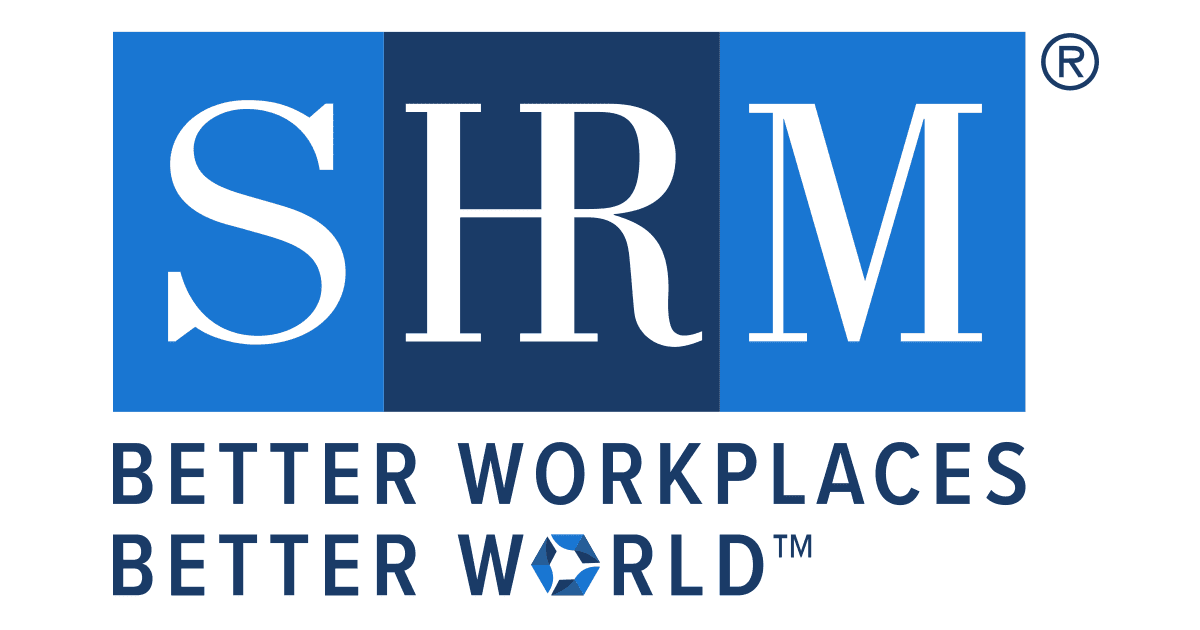
Wondering how to change careers with little or no experience in a new space? You’re not alone! It’s perfectly normal and quite routine to want to explore something new. Our outlook and life goals tend to change with time and so do our professional ambitions. Most people spend most of their waking hours, or a third of their lives, at work. After a long time in one job, you may find that it’s just not fulfilling anymore.
The important thing when you feel this itch is to act on it and not bury it. Making a career change is an exciting life event and you should treat it as such. Keep a positive attitude and avoid getting bogged down by the work involved. The fact that you’re reading this blog is an excellent start!

Here are our top suggestions on how to change careers even with no experience outside your industry.
1. Identify Your Reasons for Wanting a Change
The process of making a successful career change begins with yourself. If you feel unsatisfied with your current job or a lingering irritation when you’re at work, dig a little deeper to understand what’s driving those feelings. Is it your team or the office environment? The pay? The work itself?
The most common reasons people change their careers include gaining a better work-life balance, increasing salary or benefits, and challenging themselves professionally. Identifying the reason you’re unhappy will help you find a career that makes sense for you. You can then create a plan and work towards a definite goal, instead of spamming resumes at new job listings.
2. Discover the Right Career for You
It’s possible that you might have identified your reasons for making a career change, but you don’t know which career to change to. This is a good thing! It means you’re taking time to consider your options instead of making a hasty decision.
A good place to start is your skillset. Think about the similarities in your previous roles. Are there any skills or activities that stand out to you? A career in product development also makes you an excellent researcher and analyst. These are useful skills for a lateral shift into anything from consultancy to business intelligence.
Make sure you’re not just ideating within yourself. Talk to people and solicit opinions. You’d be surprised at how many have been through the same situation and can offer useful career advice. Speak to your boss too — if you have a relationship that allows that. They can highlight your strengths and weaknesses as they see them and give you new ideas for your move.
3. Upskill Yourself
Sometimes, you may lack the necessary hard skills for a particular job. This is often the case when making a career change in a technical space. For instance, you might have a background in operations and discover that you have a passion for coding. In this case, it’s a good idea to spend some time and money on a coding course.
This is how you change careers with no experience in your new field. Recruiters will notice your commitment to your new career and consider it a positive in your application.
4. Keep an Eye Out for Opportunities in Your Company
Making a career change doesn’t necessarily mean spending hours scouring various job portals. Sometimes, the right opportunity can be available in your own company. We’ll let you in on a secret. Internal hiring is often the most favored way for recruiters and hiring managers to fill a vacancy. This is because the candidate is already familiar with the company, industry, and work culture. This cuts down on the time you have to spend adjusting to a new place and can let you hit the ground running.
It’s also a great way for you as a candidate to comfortably ease into a role you’re not familiar with.
5. Don’t Be Afraid to Start Over
If you’re truly passionate about making a career change, then go all the way. Consider taking a pay cut or even starting at the bottom of the ladder if you need to. Doing this doesn’t mean that your career thus far has been wasted. On the contrary, your experience will shine through and let you rise quicker than your peers in the same role. Remember that the whole point of making a career change is to move on from a job that’s holding you back.
6. Network Well
Your network is highly correlated to your net worth. Research has consistently shown that referred candidate hirings result in much better outcomes. Tap into your professional and personal networks to find people who can help you and maybe even refer you. If you don’t know anyone personally, be bold and put yourself out there. Seek out people in the industry or function you want to move into. Be upfront with them about the fact that you’re making a career change. You might not earn referrals with every connection, but at the very least, they’re likely to agree to be an advisor or sounding board in the future.
7. Find Someone to Show You the Ropes
Part of your objective with networking should be to find a mentor—someone you can rely on for practical guidance and in-depth advice. A good mentor is someone who has achieved a lot of success in the space you want to move into. Their experience can be a huge asset and help you plan effectively as you make your shift.
Also, consider volunteering and pro-bono work when making a career change. This is a great way to gain hands-on experience in a new area. It’ll also help you add something relevant to your CV and make useful connections.
8. Consider Starting a Business
Starting your own business is an excellent option for early, mid, and late-career professionals. It means you’re taking matters into your own hands and you don’t have to worry about how to change careers with no experience. You learn on the job.
As a freelancer, solopreneur, or entrepreneur, you don’t need to grind out a rigid recruitment process. You can let your skills speak for yourself with your prospective clients. A hidden advantage in making such a career change is that as a business leader, you tend to connect with other business leaders.
A career change can be a big boost for your professional and personal life. If you approach it right, it’s likely to be one of the best decisions you’ll ever make.
If you’re actively thinking about making a career change, consider registering yourself with Whitman Associates. We’re professional staffing experts based in the D.C. metropolitan area. Explore all our job openings, including our permanent and temporary jobs to find a good fit for your move. Browse through our employment tips and job-search advice for more information on how to change careers with little or no experience.











